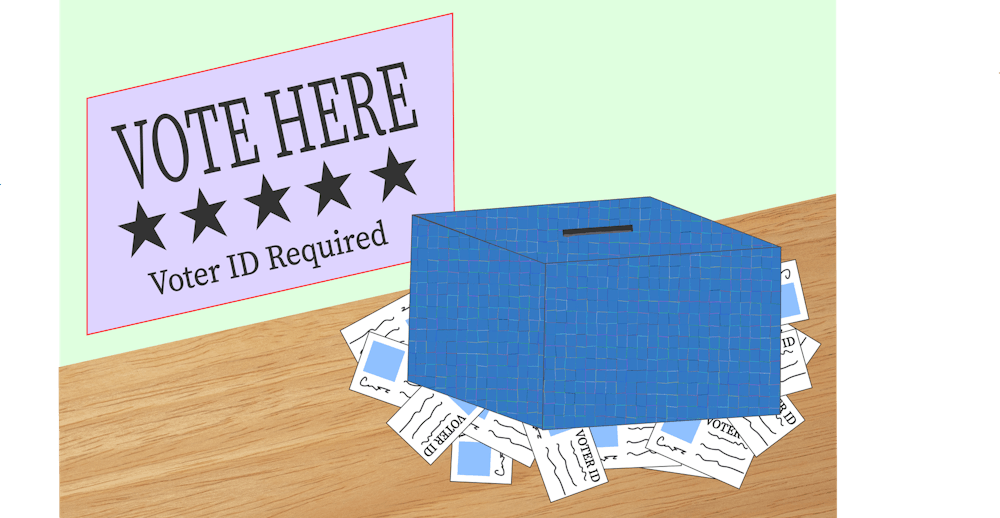On Aug. 22, The North Carolina Republican Party and Republican National Committee jointly filed a lawsuit accusing the North Carolina State Board of Elections of allowing over 225,000 people to register to vote without providing proper proof of their identity.
The lawsuit claims that by using voter registration forms that did not require proof of identity — such as a driver’s license or the last four digits of a social security number — the NCSBE violated the 2002 Help America Vote Act, which mandates that voter registration applications include this information.
According to the lawsuit, this opens the door for non-citizens to vote. The complaint asks a federal judge to revoke these people’s registrations, preventing them from voting in the 2024 election.
“The State Board of Elections has a statutory duty to ensure only verified citizens can vote in North Carolina elections,” NCGOP Director of Communications Matt Mercer wrote in an email to The Daily Tar Heel. “Their refusal to take these steps and subsequent dismissal of legitimate concerns undermines election integrity and confidence in elections administration.”
The Heritage Foundation's Election Law Reform Initiative Manager Hans von Spakovsky said that to have a fair and honest election, states should be complying with HAVA’s requirements.
Spokovsky said he agreed with the goal of the lawsuit, and North Carolina should invalidate the voters with improper registration.
“There’s no reason to fight this lawsuit,” he said. “They ought to just agree to take whatever steps are necessary to remedy this, and that would simply mean them taking the over 200,000 people who registered without them verifying the registrations and doing that.”
Policy Director for Common Cause NC Ann Webb said if the board were to invalidate the votes, it would violate federal law.
“The North Carolina GOP and the National GOP are aware that there is federal law prohibiting the State Board of Elections from implementing any new list maintenance policies in the period right before an election, and we are now in that period,” she said.




